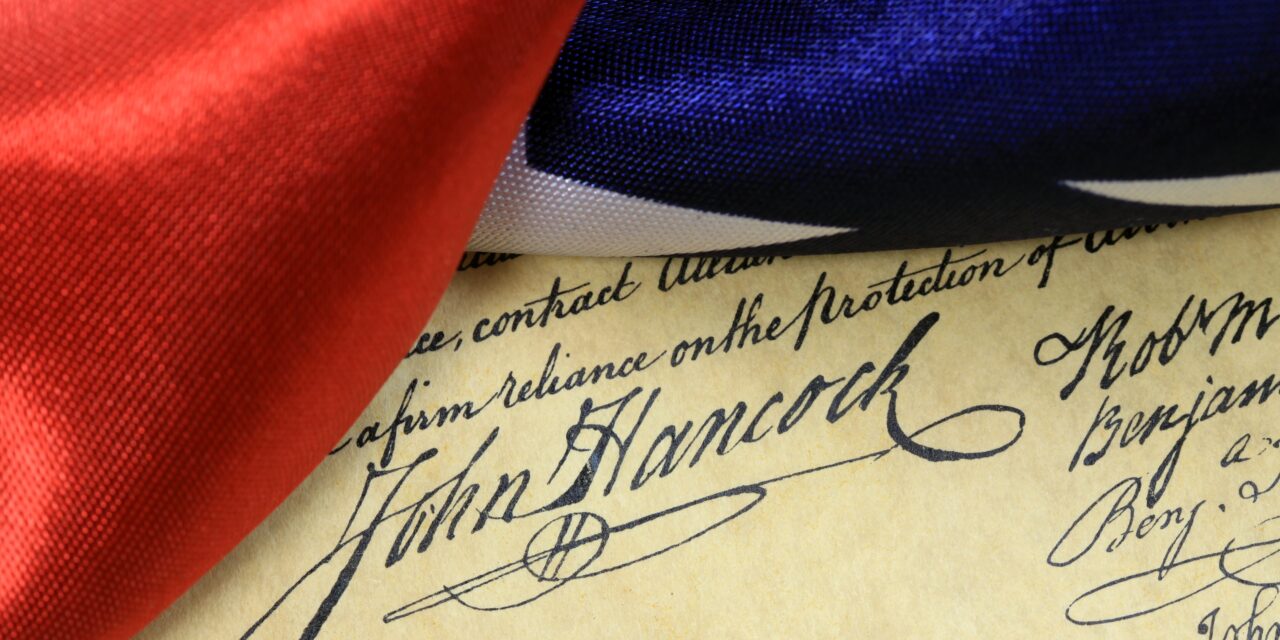Anthony Wayne
By David Streater, Ph.D.
Burke County
This is an American history educational moment of those who made a difference during the Revolutionary War era and how they served our Country.
On January 1, 1745, Anthony Wayne was born in Waynesboro, Pennsylvania. He attended the Philadelphia Academy, excelling in math. Being talented with calculations, he became a surveyor. Involved with land speculation connected Wayne to Benjamin Franklin, who taught Wayne about the political disagreements between the colonies and Britain.
Anthony then served in the Pennsylvania legislature and its regional Committee of Public Safety. As friction intensified against Britain, Wayne entered the military to serve, as had his father and grandfather. In January 1776, Anthony was commissioned a colonel in the Continental Army.
Wayne won and lost battles, as is typical in military conflicts. At the Battle of Three Rivers, he saw action in Canada and received minor injuries. Next, he and his troops proceeded to the Battle of Brandywine. The Hessian and British soldiers outnumbered Wayne, causing the patriots to retreat. Wayne requested a court-marital to investigate his leadership, judgment, and battle carnage, including the Battle of Paoli. The court acquitted Anthony “with the highest honor… [actions of a] brave and vigilant officer.”
Wayne was also defeated at Germantown. Regrouping his militia, he moved west, eventually coming to Valley Forge for the winter. In February 1778, he traveled to New Jersey for vital provisions for his soldiers. On June 28, 1778, at the Battle of Monmouth, Wayne and General Charles Lee engaged the British. General Lee retreated, leaving Wayne and his men in a dire situation. With reinforcements that George Washington ordered, Wayne and his troops encircled the British, causing them to flee.
The Battle of Stony Point was a minor clash but had a great psychological uplift for the American soldiers. With the British focused elsewhere, Washington and Wayne created a plan to retake Stony Point. Wayne saw this as an opportunity for revenge for earlier battles, especially Paoli. On July 15, 1779, Wayne was victorious by overpowering the British using guerrilla tactics.
Anthony remained on duty throughout the Revolution. He testified before Congress about the needs of soldiers and calmed the troops when they were threatening mutiny. Wayne also served in other battles and oversaw the liberation of Charleston, South Carolina. He was promoted to major general because of his loyalty, leadership, and bravery on and off the battlefield.
In civilian life, Anthony was not successful as a farmer or politician. He was elected to office and then resigned over disputes concerning the election. Wayne again found his calling when President Washington appointed him as the Commanding General of the United States Army (1792 to his death in 1796). While overseeing the Army, Wayne was successful in various battles that led to ending turmoil in the new nation. These included the Battle of Fallen Timbers and negotiating the Treaty of Greenville that established borders of Ohio, Indiana, Illinois, and Michigan.
During his career, Anthony Wayne was awarded a gold medal for his gallant service and earned the nickname “Mad Anthony.” This moniker came from his commanding leadership, valiant personality, and battle strategies.
On December 15, 1796, this fiery patriot died from gout while returning home from a military detail and was buried in Wayne, Pennsylvania.
Please visit your Charters of Freedom setting in most western North Carolina counties. A Charters of Freedom setting consists of the Declaration of Independence, the United States Constitution, and the Bill of Rights. They are on permanent display analogous to the Charters of Freedom in the National Archives, Washington, DC. Please visit FoundationForward.com to learn more about our existing settings. Vance and Mary Jo Patterson are the benefactors and originators of Foundation Forward, a 501(c)(3) education non-profit.
Teachers are encouraged to contact Dr. Streater for information and complementary student education materials to enhance experiential field trips to Charters of Freedom settings. In addition, everyone is welcome and urged to obtain a personalized engraved legacy paver for placement at their local Charters of Freedom setting. Please contact Dr. Streater (david.streater@mymail.barry.edu) for engraved legacy paver information and complementary educational materials.
_______________________________________
Dr. David Streater is the director of education for Foundation Forward. He is a retired college instructor and administrator, and a retired probation and parole officer/administrator. David is a criminologist who has an acute history interest, served in the Navy, and is a resident of Burke County, NC.
You can read more Good Christian News HERE.
Read more about our founding fathers HERE.
_______________________________________







